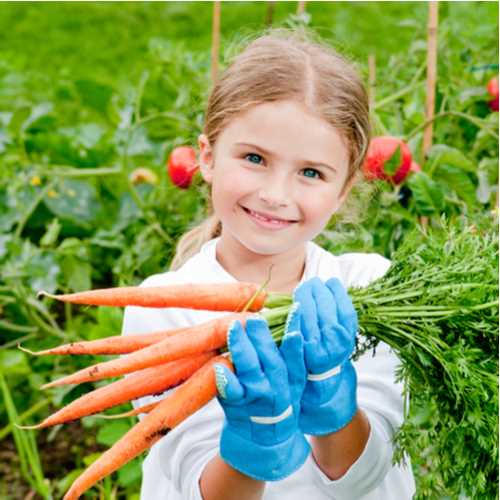05 May 2020
 Covid-19 has sparked a rush to establish home gardens and a desire for self-sufficiency, but how successful are these ‘grow your own’ attempts and is there a risk that people will find themselves out of pocket?
Covid-19 has sparked a rush to establish home gardens and a desire for self-sufficiency, but how successful are these ‘grow your own’ attempts and is there a risk that people will find themselves out of pocket?
The results have just come in from a state-wide citizen science project called Edible Gardens led by the University of South Australia, undertaken prior to the pandemic, and the news is encouraging.
Researchers investigated the productivity, efficiency and potential financial savings of almost 100 home food garden areas established by 34 people in South Australia.
Overlooking garden setup costs, 79 per cent of people who established vegetable gardens were estimated to save more than $250 on their annual grocery bills, according to Dr Georgia Csortan.
Dr Csortan, a UniSA expert in urban food production, says considering the median setup costs of a food garden ($500), 65 per cent of the study gardens were also calculated to break even within five years.
Applying a wage-rate to time spent growing a food garden, the researchers found that just over 1 in 6 of the study gardeners produced enough food to cover their ongoing garden costs and effectively pay themselves the Australian minimum wage of $18.93 per hour.
“This is the first time that the economic value of sustainable home vegetable gardens has been quantified to this level of detail in Australia,” Dr Csortan says.
The results are even more significant in the era of Covid-19 as people self-isolate, quarantine, look for ways to save on food budgets and find new ways to occupy themselves during the lockdown.
“The swell of new food gardeners is a wonderful outcome from the restrictions of the Covid-19 crisis, but we need to ensure their efforts are not in vain,” Dr Csortan says. “How good would it be to come out of this pandemic with households and communities that are more resilient, more productive and more inter-connected than ever?”
“If done well, home gardens are an excellent way for people to remain productive, get in touch with nature, connect with the community and educate children in tangible, fun ways about where our food comes from.
“While social distancing means we cannot reach out physically to our neighbours and friends, home gardens give people the opportunity to share or swap their produce and exchange tips, maintaining that human connection.”
Dr Csortan says urgent, coordinated education programs are needed in productive gardening to help new home gardeners ramp up their food production and avoid common mistakes.
She says growing food is not as time consuming as most people think, requiring on average just over an hour’s attention each week.
Installing the right irrigation system is crucial, to save time and money, and growing food in different ways (a mixture of inground beds, raised beds, wicking beds, fruit trees or keeping chickens) helps to provide more consistent and diverse year-round harvests.
More information about the Edible Garden project is available in the latest issue of PLOS ONE.
Media contact: Candy Gibson office +61 8 8302 0961 mobile: +61 434 605 142
email: candy.gibson@unisa.edu.au
Lead researcher: Dr Georgia Csortan office +61 8 8302 9915 mobile: +61 474 223 072
email: georgia.pollard@unisa.edu.au


